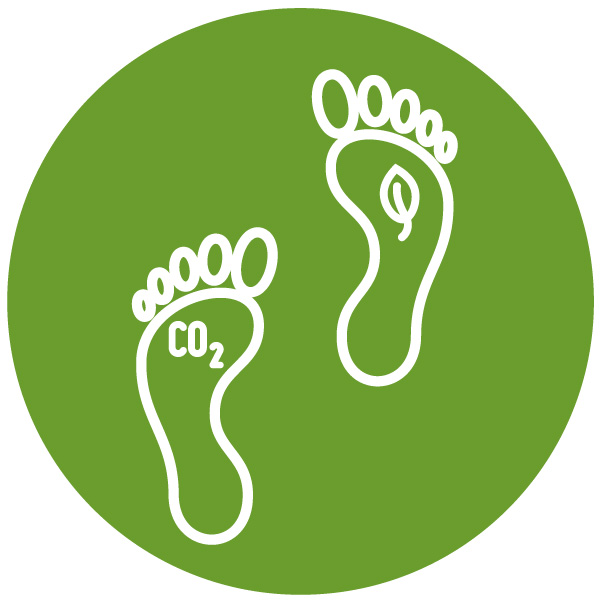
With the entry into force of the new Regulation (EU) 2024/1781 on eco-design for sustainable products, a number of additional design and information requirements are incorporated for all categories of physical goods placed on the European Union (EU) market. This Regulation derogates from Directive 2009/125/EC. which only covered energy-related goods, thus improving - significantly - the circularity, energy efficiency and environmental sustainability aspects of products placed on the EU market.
It should be noted that the eco-design rules go beyond the energy efficiency of products as they include environmental considerations at all stages of product development. Thus, following the adoption of the Regulation, for products to be considered sustainable they will not only have to be efficient and use less energy, they will also have to be more durable and easily repairable. Parts and components will need to be easily disassembled and reusable, or the substances they are made of will need to be of less "concern". They will also need to be designed in such a way that they can be easily recycled and that more recycled materials must be used in their manufacture. Reducing the carbon and environmental footprint throughout their life cycle will also be another requirement for goods to be considered sustainable.
More savings for consumers
These measures are not only aimed at improving profits for businesses and protecting the environment. They also aim to help consumers in the EU to further reduce their energy consumption and to take better care of the environment. According to data published by the European Commission, under the previous Ecodesign Directive -which covered 31 product groups- EU consumers saved 120 billion in energy costs by 2021 alone, and the annual energy consumption of the products covered by the Directive was reduced by 10%.
More transparent companies, more sustainable public investment
The Regulation also introduces new rules banning the destruction of unsold surplus textile and footwear products. It also provides for the possibility of extending similar bans to other sectors where evidence supports the need for such measures. At the same time, companies will have to be more transparent as they will also be obliged to publish annual information on their websites. For example, they will have to report on discarded products, their weight, as well as the reasons why the goods were disposed of. In the public sphere, new mandatory criteria for public procurement and financing are also established to invest and develop projects in a greener and more sustainable way.
Source of information: Comisión Europea